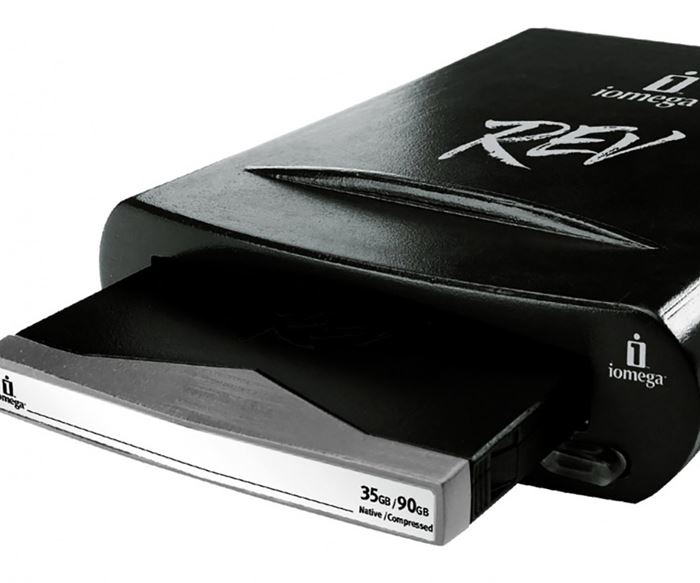Materials: Next Generation Conductive Masterbatch Technologies
RTP Co.’s new CCX line designed to mitigate ESD.
An expansion of a product line of conductive compounds from RTP Company, Winona, Minn., reportedly sets a new standard for safe, productive, and reliable solutions for environments that are prone to electrostatic discharge (ESD). The new CCX Conductive Masterbatches are available in a variety of resin systems, and can be formulated with four distinct additive technologies:
▪ Stainless steel fiber CCX Masterbatches are created using RTP’s long fiber manufacturing process and allow for the highest level of conductivity, providing EMI shielding for sensitive electronics, colored parts and components, or even FDA compliant applications. Available in most resin systems, they boast similar shrinkage and mechanical performance to the unfilled base resin, making them well-suited to injection molding and compatible with existing molds and tooling.
▪ Carbon nanotube CCX Masterbatches can be used in high purity applications and also boast virtually no effect on shrinkage or mechanical properties vs. the unfilled base resin. Carbon nanotubes, or CNTs, are hollow structures consisting of graphene cylinders of carbon atoms capped at both ends; when incorporated into a thermoplastic, they provide highly uniform ESD protection and/or electrical conductivity at a very low loading level.
▪ Carbon black CCX Masterbatches have similar isotropic shrinkage, strength, and stiffness to the unfilled base resin, but are an economical way to introduce versatile, high performance conductivity for a plastic part.
▪ PermaStat CCX Masterbatches are uniquely formulated for applications that require permanent antistatic or static dissipative performance. These masterbatches can be used in most resins with processing temperatures below 520°F (270°C). They reportedly provide uniform dissipative performance, full colorability, and even transparency in some resins, while retaining or even enhancing the impact performance of the base resin. Additionally, they are well suited to intrinsic safety applications and can meet the surface resistance requirements of the ATEX directive. They are compatible with injection molding or extrusion equipment and require very minimal processing adjustments when incorporated into existing processes.
Related Content
-
Impacts of Auto’s Switch to Sustainability
Of all the trends you'll see at NPE2024, this one is BIG. Not only is the auto industry transitioning to electrification but there are concerted efforts to modify the materials used, especially polymers, for interior applications.
-
ABC Technologies to Acquire Windsor Mold Group Technologies
The Tier One automotive supplier with compounding and blowmolding machine capabilities adds the 50-yr-old molder and moldmaker.
-
New Technology Bonds Aluminum With Polyamides
With many benefits for numerous potential applications, including in the burgeoning electric vehicle market, Celanese’s Zytel Bonding Technology achieves stronger bonds than overmolding or welding.














.png;maxWidth=300;quality=90)


